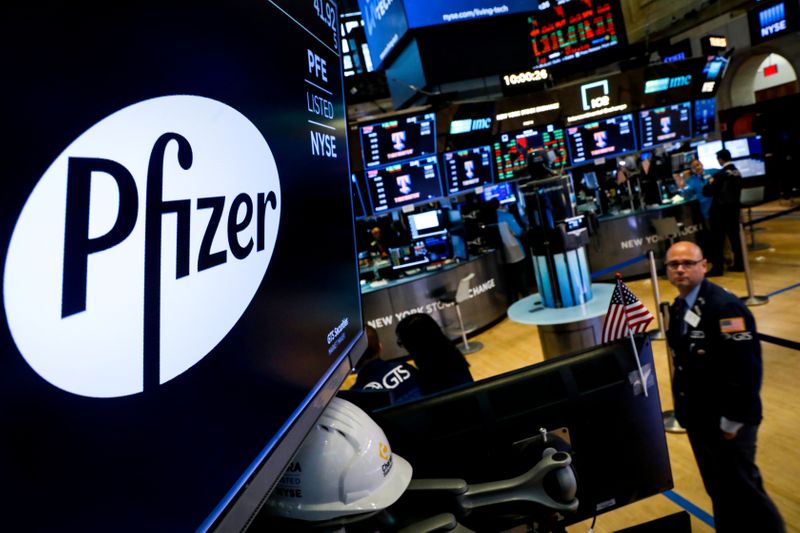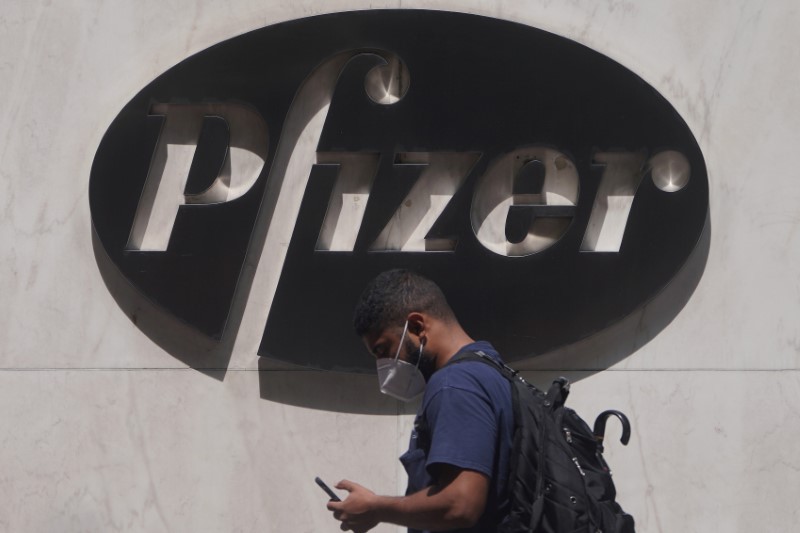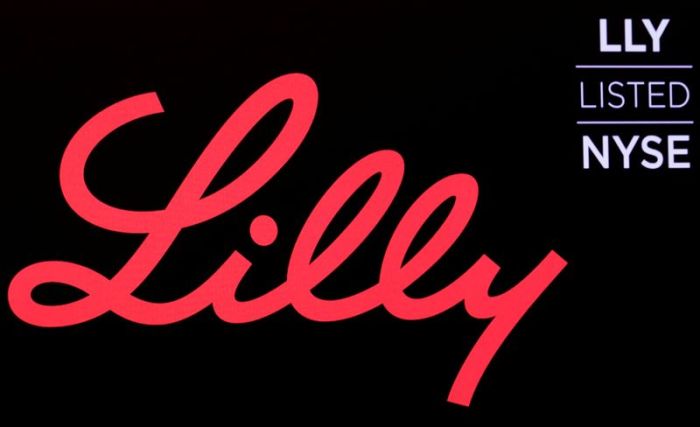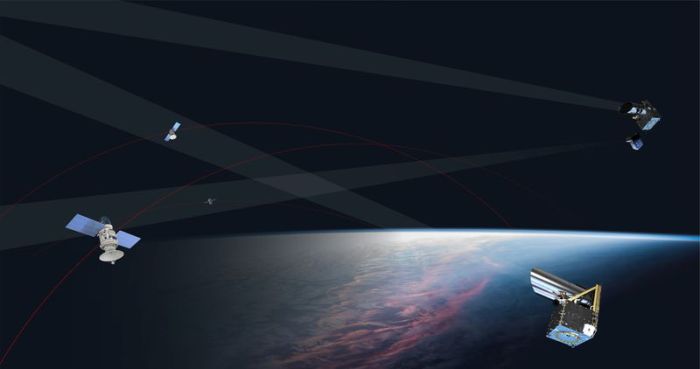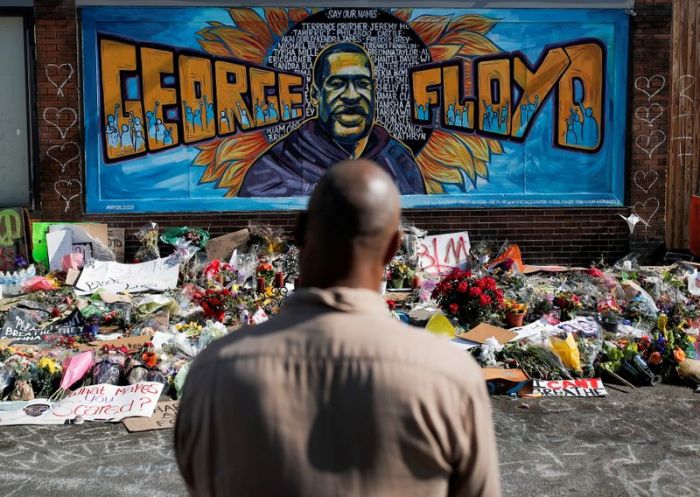(Reuters) – Drugmaker Pfizer Inc <PFE.N> said on Tuesday it does not yet have data from the late-stage trial of the COVID-19 vaccine it is developing with Germany’s BioNTech SE <22UAy.F>, and provided a timeline that makes its release unlikely ahead of the Nov. 3 U.S. presidential election.Pfizer said there had not yet been enough infections in the 44,000-volunteer trial to trigger an analysis of whether or not the vaccine works. An independent panel will conduct the first analysis when it reaches 32 infections.
Chief Executive Albert Bourla said after it has enough data for the analysis, it typically takes 5 to 7 days before the company can publicly release the data, meaning it is likely to happen after the election.
U.S. President Donald Trump had said a vaccine could be available before the Nov. 3 election, but in recent weeks his administration has emphasized that one will be ready this year.
Bourla has previously said the company could release data on whether or not the vaccine works as early as this month.
“For us, the election is an artificial milestone,” Bourla said on a conference call for the company’s earnings. “This is going to be not a Republican vaccine or a Democrat vaccine. It will be a vaccine for the citizens of the world.”
Pfizer shares were flat at $37.92.
Pfizer hopes to be the first U.S. drugmaker to unveil successful data from a late-stage COVID-19 vaccine trial, ahead of rival Moderna Inc <MRNA.O>. Pfizer and BioNTech launched their phase 3 study in late July.
The data monitoring board is scheduled to make its first assessment of the vaccine’s performance after 32 participants in the trial become infected with the novel coronavirus.
Healthcare investor Brad Loncar said it was difficult to draw a positive or negative conclusion from the fact that the trial has not yet had its first interim analysis.
“I think this means that the overall infection rate is a lot lower than Pfizer initially estimated,” Loncar said.
Dr. David Boulware, professor of medicine at University of Minnesota, said the study’s participants may be more adherent to social distancing guidelines than the general population.
“Who the vaccine trials really need are the people who don’t wear masks, who are going out to bars, who go to crowded events, who are singing in church choirs – those are the high risk people,” he said.
Boulware said that a data monitoring board could still review the data relatively quickly – perhaps in less than a day – once the trial hits its first interim point.
As the pandemic crimps demand for certain Pfizer therapies and damages global economies, investors are keenly focused on seeing the late-stage study data of the vaccine candidate being developed with BioNTech.
The company also said that if the trial is successful, it still expects to file for emergency authorization of the vaccine candidate from U.S. regulators shortly after it has enough safety data in late November. It expects to have manufacturing data ready to submit to those regulators before then.
Pfizer reported quarterly earnings that beat estimates by one cent, helped by lower-than-expected costs. Sales fell 4.3% to $12.13 billion in the third quarter due to a sharp drop in revenue from its off-patent pain drug Lyrica, as well as a $500-million hit from the COVID-19 pandemic. Excluding items, Pfizer earned 72 cents per share, beating analysts estimates of 71 cents per share, according to IBES data from Refinitiv.
(Reporting by Michael Erman in Maplewood, N.J. and Manas Mishra in Bengaluru; Editing by Bernard Orr, Mark Potter and Nick Zieminski)

